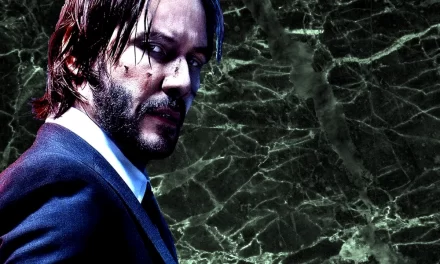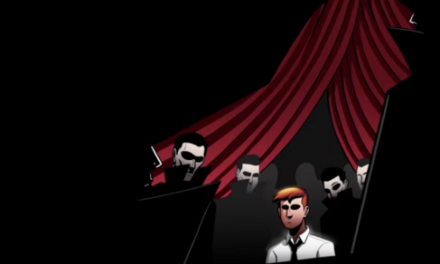My first in what will hopefully become a series where I look at different characters I’ve played in various games over the years, with a specific eye on why I created that specific persona, tonight I investigate the last PC I created for a local Vampire: the Masquerade game, “Blackston 3.” (yes, the punctuation is pronounced).
From the outside, Blackston was basically a robot. Hyper-intellectual, taking all things said excessively literally, seemingly self-sufficient but without much in the way of social awareness. He was a disturbing, intense character who felt it was his duty to observe the people of Sonoma County, often hidden in the shadows. From another perspective, Blackston was a science project – can someone with no social experience actually find friends and allies when thrown into the deep end of vampire politics?
I readily believe that, while all gamers can portray characters very different from themselves, a much larger slice of our own headspace comes out than we may intend. I think Blackston for me truly personified the desire to 1) stand out as different or interesting, 2) invite others to investigate his/my story without actually asking, 3) mope in the corner because I felt alone and outside the group. All of these elements became much more apparent to me while I played him, much more than when I was creating the character in the first place.
Only a few people actually poked into Blackston’s backstory, and I hope on the whole they enjoyed what they found, exploring the true insanity of his sire. His history was filled with holes, without ready explanations for why the pieces didn’t fit. When creating characters any gamer can overlook facts or accidentally include inconsistencies in their story, but I hoped to be held to a higher bar, to have people realize that those gaps or “mistakes” were conscious decisions on my part and were paths open for exploration.
For many years now, whether in friendship or business, I’ve operated on the “be interesting/good and people will find me – no advertising necessary” idea, no matter how much evidence I collect to the contrary. I think, more than most any other, Blackston truly personified the passive-aggressive stance of “I’m over here if you want to engage but I won’t make the first move or even appear interested.” In gaming, particularly live-action or online, often the loudest and most forceful personalities get the the most attention. Here I tried to turn that on its head, knowing the outcome wouldn’t be what I hoped – a plan doomed to failure from the outset.
The character rubbed many the wrong way, and was summarily all but executed by another player with whom I had long had conflict. I hoped that PCs would explore what happened to him, or more of his backstory, but that largely wasn’t the case – there were more pressing, loud, and interesting matters to attend to than the story of a mopey, aloof freak.
I was playing Blackston at a point in my gaming career and mental health when I was pretty much continually at my limit. Overworked, over stressed, dealing with untreated depression, and with no real relief in sight, I actually stopped playing the game altogether when Blackston went away; I was gone for months, the first real break I’d taken in over 10 years.
I think Blackston had a compelling story, one I may write out some time, but as far as an interactive participant, he failed to contribute enough to the collaborative storytelling process that is role-playing. He was an outgrowth and expression of how I was feeling inside, and while a select few enjoyed peeking behind the curtain, there wasn’t enough there (publicly) to provide intrigue either for the masses or for myself.















